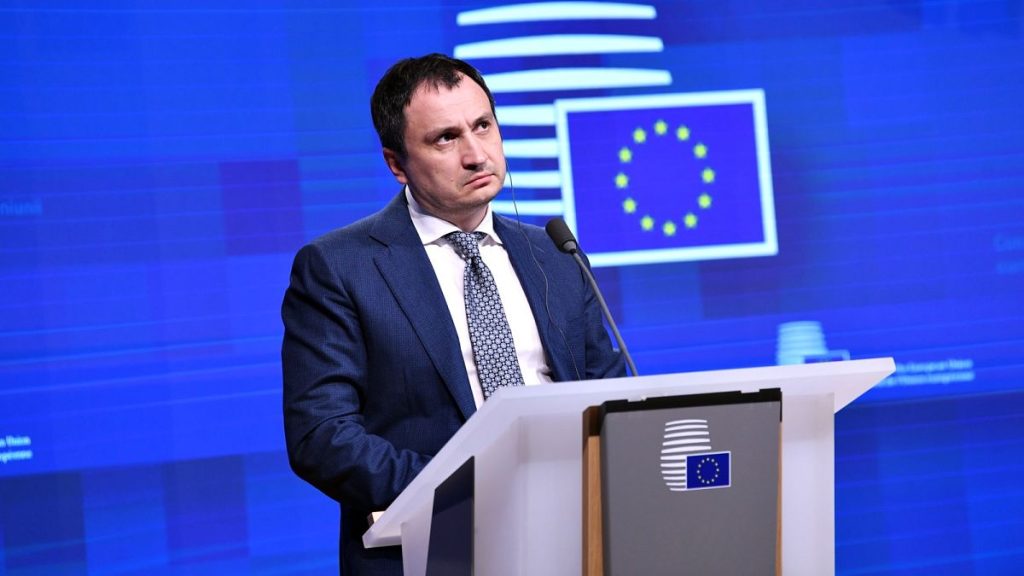Ukraine’s agriculture minister, Mykola Solskyi, expressed that while Ukraine is not fully satisfied with the latest grain deal agreed by EU countries, they are grateful for the opportunities to trade. The compromise reached includes expanding the list of “sensitive products” subject to tariffs but also increases oversight over market trends allowing for remedial measures to be taken. The adjustment is expected to make Kyiv lose an additional €86 million on top of the original €240 million foreseen. Solskyi acknowledged the economic losses, but noted the difficulty in calculating precise amounts due to the ever-changing trajectory of Russia’s aggression affecting Ukraine’s ability to trade.
The EU has been embroiled in a contentious debate over exempting Ukrainian agricultural products from tariffs and quotas to support the country’s economy. This has sparked opposition from farmers in Eastern European countries who view it as unfair competition and are concerned about price depression and storage constraints. Despite diplomatic efforts to resolve the dispute, some countries like Poland, Hungary, and Slovakia have put unilateral bans on Ukrainian grain shipments. Solskyi emphasized the sensitivity of the agriculture sector in Europe and stressed the need to find solutions without being driven by emotions.
Poland has maintained prohibitions on Ukrainian agricultural products to appease disgruntled farmers and truckers. While Poland is willing to engage in dialogue, no breakthrough has been announced following high-level talks between the two sides. France has also shown a shift in its stance, aligning with Poland to push for amendments to the free trade agreement that would make it easier to apply tariffs on sensitive products if market disruptions occur. The ongoing negotiations reflect the challenges of balancing the interests of different EU member states while ensuring fair trade practices for all parties involved.
France and Poland have called for extending the reference period for applying tariffs on sensitive products and expanding the list to cover wheat. While the compromise reached excluded wheat, it extended the reference period to the second semester of 2021. Solskyi remains hopeful that the agricultural tensions will be resolved by 2024 as Ukrainian companies diversify their markets to Asia and Africa and reduce dependence on European clients. Despite the complexities and uncertainties of the situation, Solskyi emphasized the importance of careful adherence to EU rules while navigating the challenges posed by ongoing conflicts and changes in trade dynamics.
The ongoing trade dispute highlights the delicate balance between supporting Ukraine’s economy and addressing the concerns of EU member states regarding fair competition and market access. While the compromises reached may not fully satisfy all parties involved, they represent a step towards finding common ground and resolving the longstanding tensions. Solskyi expressed hope that European solidarity with Ukraine would remain strong in the coming months, despite the challenges posed by the conflict and shifting trade dynamics. Moving forward, continued dialogue and cooperation will be crucial in finding sustainable solutions that benefit all parties involved in the agricultural trade agreements.


